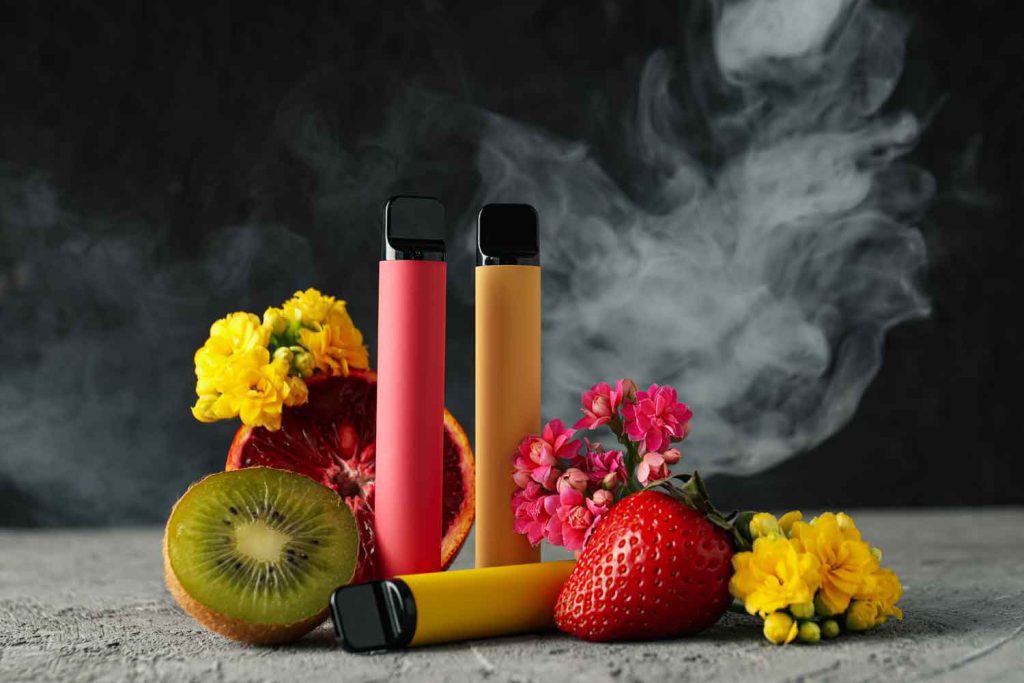
People are more likely to quit smoking combustible cigarettes by vaping if they receive help choosing the right flavor, plus supportive messages, according to new research reported by Filter.
The journal Addiction recently published a study conducted by London South Bank University (LSBU) that involved 1,214 eligible participants who were heavy smokers and expressed interest in quitting by using vapes. The researchers recruited these participants through social media.
They then tested five remote interventions aimed at helping people switch—mostly online surveys that produced recommendations based on individual responses. The interventions were “tailored device selection advice; tailored e-liquid nicotine strength advice; tailored e-liquid flavor advice; brief information on relative harms; and text message (SMS) support.”
“Simple tailored advice on selecting a flavor along with supportive text messages could increase quit rates by 55 percent,” said Lynne Dawkins, professor of nicotine and tobacco studies at LSBU and one of the study authors.
By offering different groups of participants different interventions (including all or none of them), the study sought to determine which combination was most effective.
“In the adjusted model,” the researchers concluded, “the only significant interaction was a two-way interaction, advice on flavor combined with text message support, which increased the odds of abstinence [from cigarettes].”

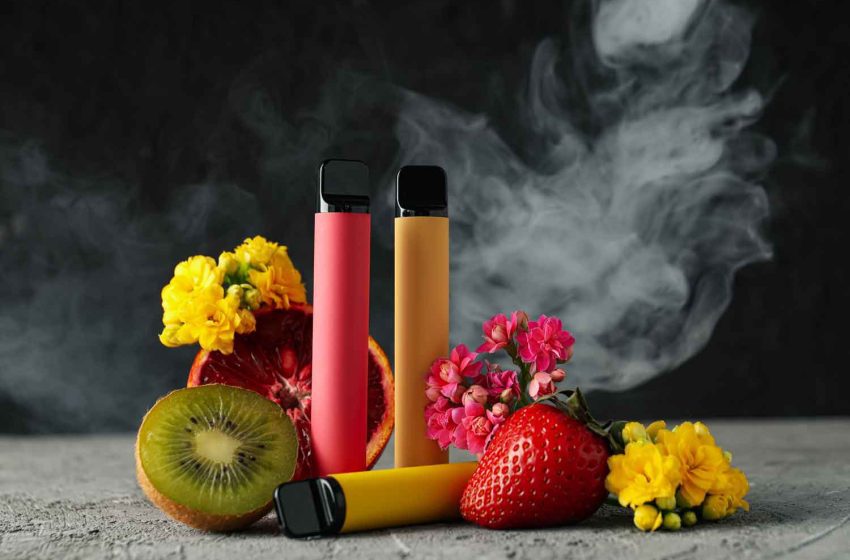


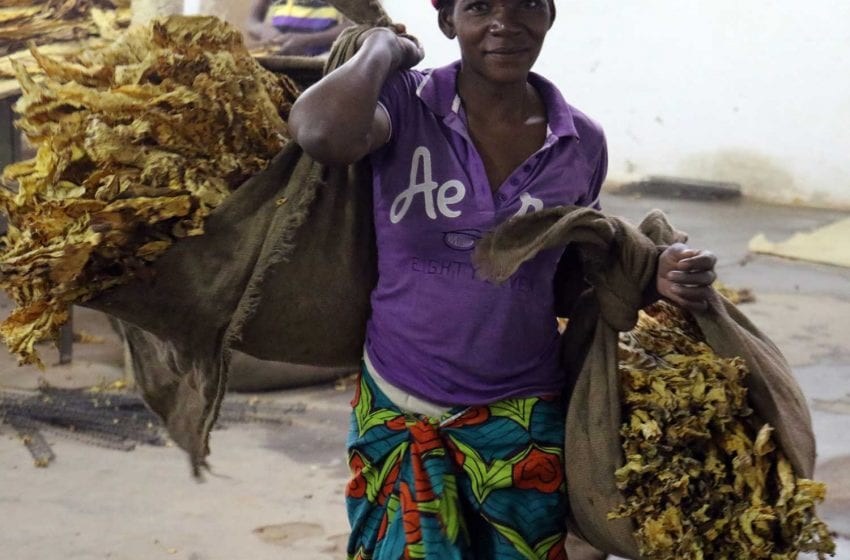
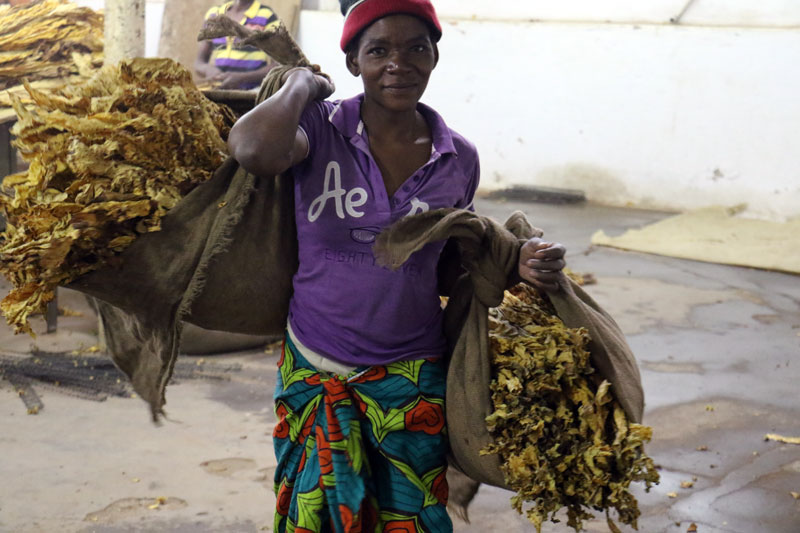

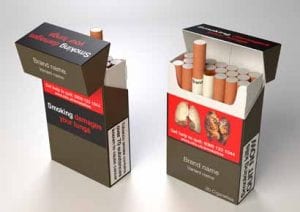







 Egypt’s Eastern Co. will provide 50 million more cigarettes daily starting Aug. 13, 2023, to alleviate the prevailing cigarette crisis, reports
Egypt’s Eastern Co. will provide 50 million more cigarettes daily starting Aug. 13, 2023, to alleviate the prevailing cigarette crisis, reports 




